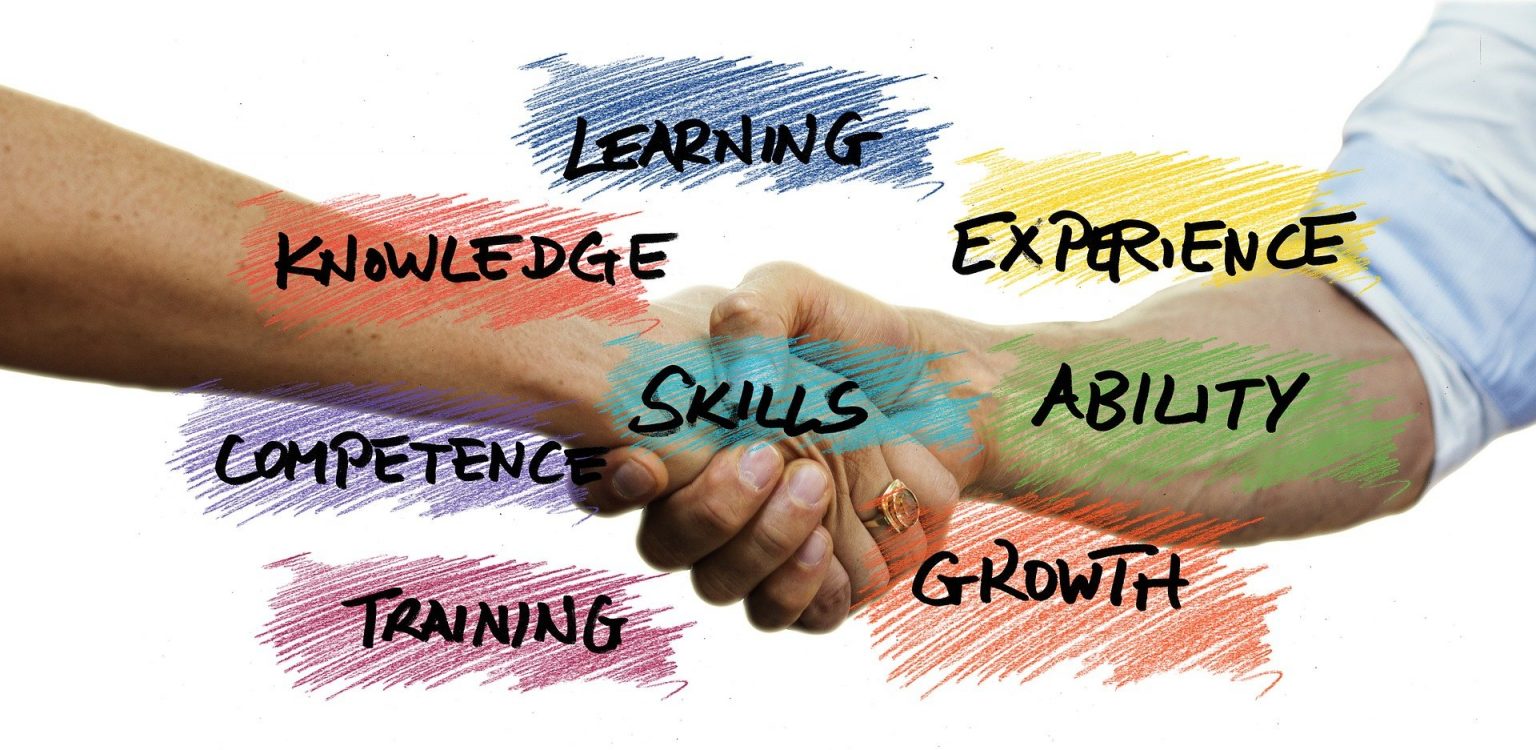
Image Source: Google
In today's competitive job market, having strong technical skills is no longer enough to succeed in your career. Employers are increasingly looking for candidates who possess a range of soft skills that can help them navigate the complexities of the modern workplace. Mastering these soft skills can not only enhance your professional development but also set you apart from other candidates. In this article, we will explore some essential tips to help you master these important skills.
The Importance of Soft Skills
Soft skills, also known as interpersonal or people skills, are a set of attributes that enable you to interact effectively and harmoniously with others. These skills are essential in the workplace as they can help you communicate, collaborate, and lead effectively. Here are some reasons why soft skills are crucial for your professional development:
- Soft skills are transferable across different roles and industries.
- Employers value soft skills in addition to technical skills.
- Soft skills can help you build strong relationships with colleagues and clients.
- Mastering soft skills can lead to improved job performance and career advancement.
Top Tips for Mastering Soft Skills
1. Effective Communication
Communication is a key soft skill that encompasses speaking, listening, and interpersonal abilities. Here's how you can improve your communication skills:
- Practice active listening by giving your full attention to the speaker.
- Be clear and concise in your verbal and written communications.
- Seek feedback to improve your communication style.
2. Emotional Intelligence
Emotional intelligence involves understanding and managing your own emotions as well as those of others. To enhance your emotional intelligence, consider the following tips:
- Develop self-awareness by recognizing your emotions and their impact on your behavior.
- Practice empathy by putting yourself in others' shoes and understanding their perspectives.
- Manage conflicts effectively by staying calm and resolving issues in a constructive manner.
3. Teamwork and Collaboration
Collaboration is essential in today's workplace where teamwork is often required to achieve common goals. Here are some tips to improve your teamwork skills:
- Be a team player by supporting and helping your colleagues when needed.
- Communicate openly and transparently within the team.
- Respect others' viewpoints and contributions to foster a positive team environment.
4. Time Management
Effective time management is a valuable soft skill that can help you prioritize tasks, meet deadlines, and improve productivity. Consider the following tips to enhance your time management skills:
- Create a daily or weekly schedule to plan your tasks and activities.
- Set realistic goals and deadlines for each task to stay organized.
- Avoid multitasking and focus on one task at a time to improve efficiency.
Developing and Honing Your Soft Skills
Mastering soft skills is an ongoing process that requires practice and dedication. Here are some additional tips to help you develop and hone your soft skills for professional growth:
- Take advantage of training and development opportunities to enhance your soft skills.
- Seek feedback from mentors, colleagues, and supervisors to identify areas for improvement.
- Practice self-reflection to assess your strengths and weaknesses in soft skills.
- Engage in networking events and activities to build relationships and improve your interpersonal skills.
By focusing on developing your soft skills, you can boost your professional development and increase your value as an employee. Remember that mastering these essential skills takes time and effort, but the benefits in terms of career advancement and personal growth are well worth it. Incorporate these tips into your professional development plan to stand out in today's competitive job market.
